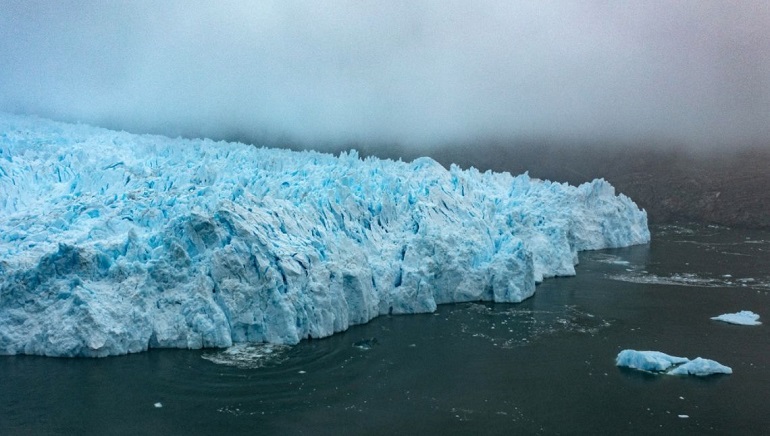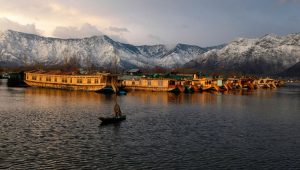The United Nations has said that the world’s glaciers dissipated significantly last year and many of them will disappear. It added that saving the glaciers is essentially a lost cause as climate change indicators have reached record highs. The World Meteorological Organisation (WMO) underlined that the last eight years have been the warmest ever observed and greenhouse gas concentrations, such as carbon dioxide, have increased tremendously.
“Antarctic sea ice fell to its lowest extent on record and the melting of some European glaciers was, literally, off the charts,” the WMO said in its annual climate overview. Sea levels have also reached a new high, increasing by an average of 4.62 millimetres annually between 2013 and 2022 – twice as rapidly as it did between 1993 and 2002. The oceans, where around 90 per cent of the heat trapped on the planet by greenhouse gases winds up, had record-high temperatures. The global mean temperature in 2022 was 1.15 C higher than the 1850–1900 average, said the WMO study.
Between October 2021 and October 2022, the average thickness of the world’s reference glaciers—those for which long-term measurements are available—decreased by more than 1.3 metres, a loss far greater than the average over the previous ten years. Since 1970, there has been a total loss of about 30 metres of thickness. The WMO experts said that because of a combination of insufficient winter snow, a Saharan dust invasion in March 2022, and heat waves between May and early September, the Alps broke records for glacier melt in Europe.















